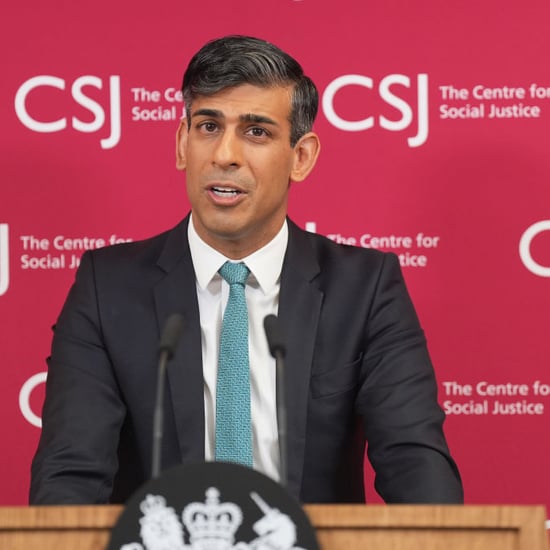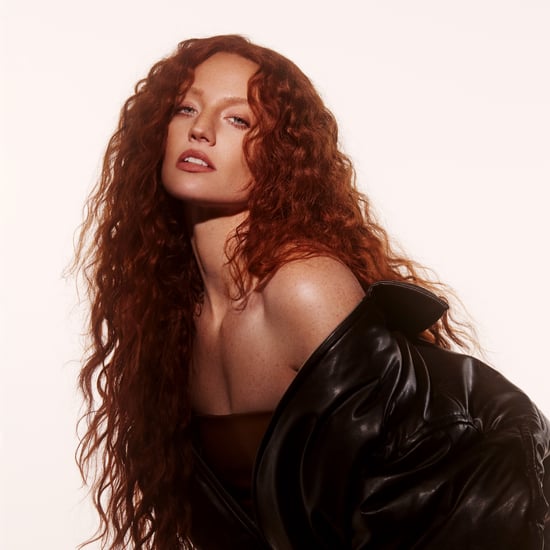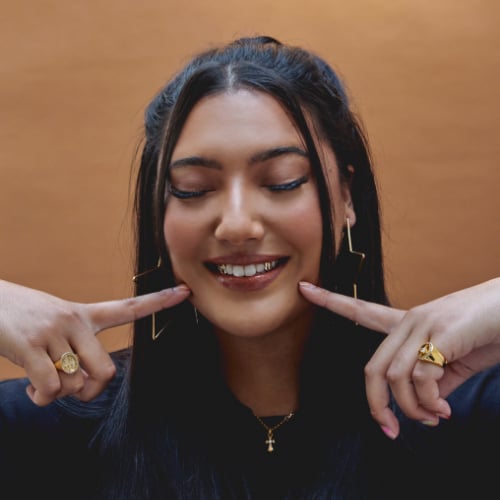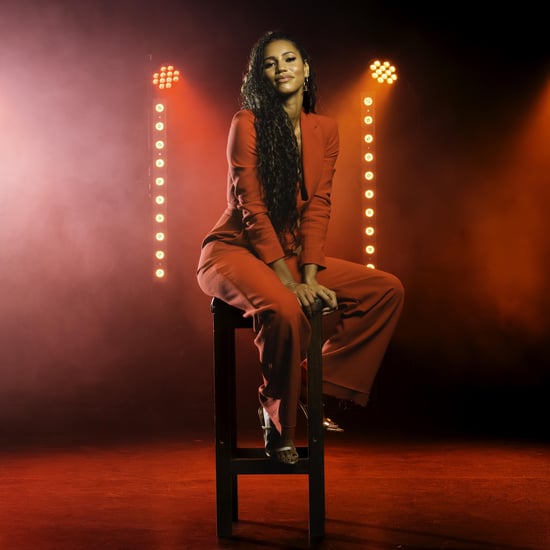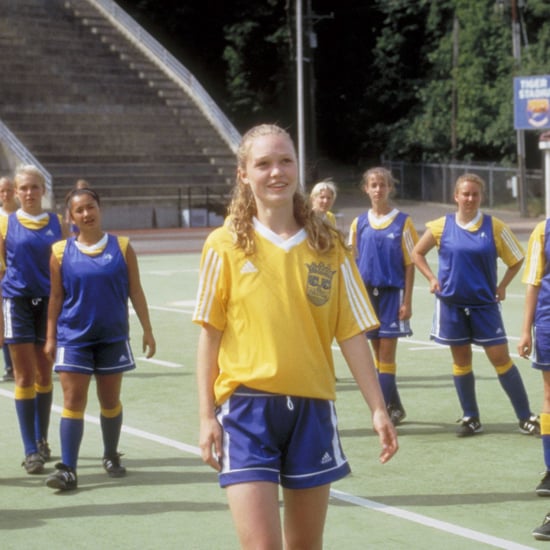Lizzo Addresses Grrrls Lyric Change
Lizzo Explains Her Decision to Change "Grrrls" Lyric: "Using a Slur Is Unauthentic to Me"
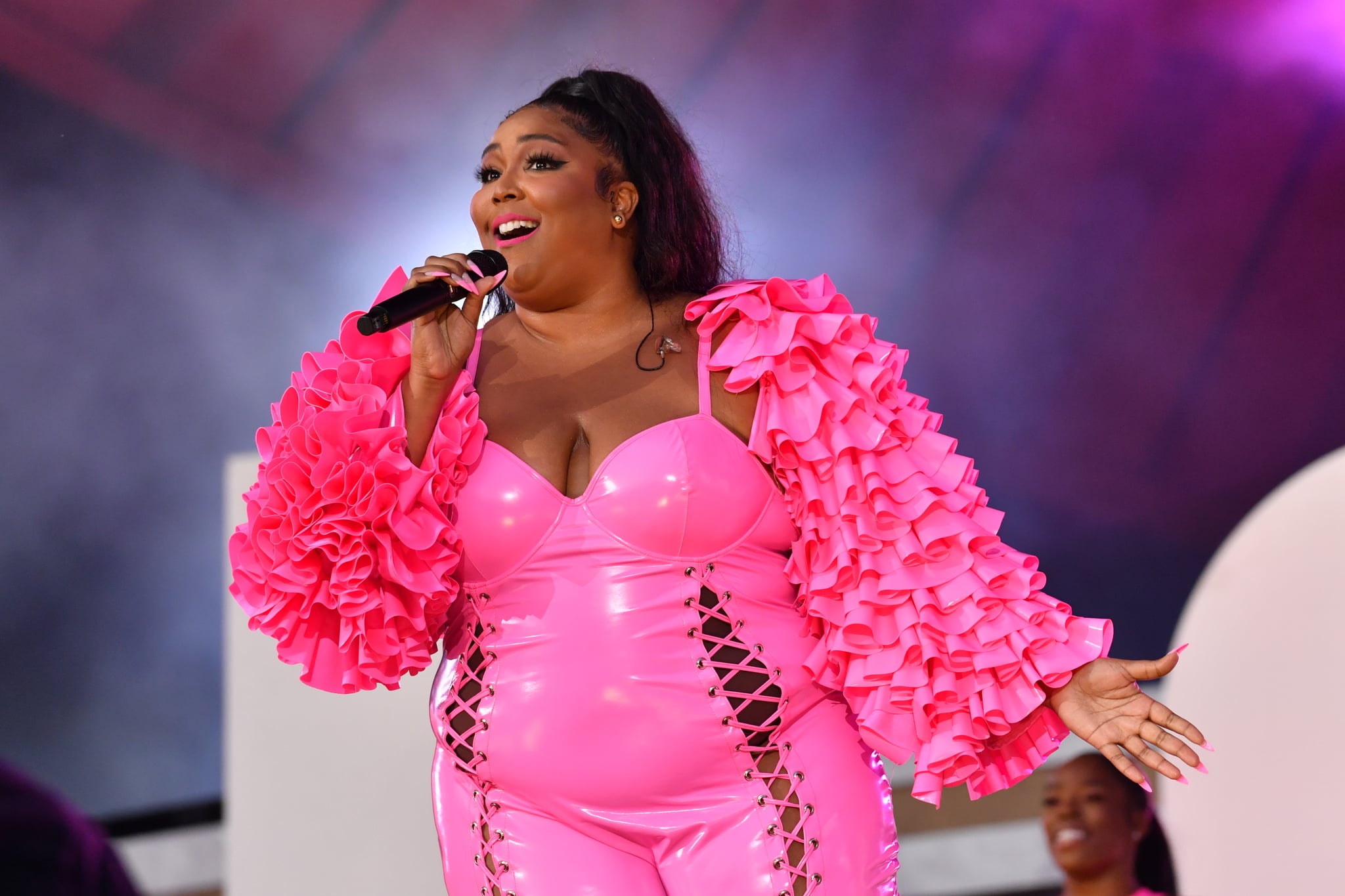
Image Source: Getty / NDZ / Star Max
Lizzo is offering more context in regard to her changing a lyric in her song "Grrrls." Back in June, she released a new version of the track in response to fan criticism concerning an ableist term in the original version. The initial song contained the word "spaz," which is considered offensive as it references spastic diplegia — a form of cerebral palsy. On 13 June, Lizzo addressed the criticism in a statement shared across her social media accounts.
"It's been brought to my attention that there is a harmful word in my new song 'GRRRLS,'" she wrote. "Let me make one thing clear: I never want to promote derogatory language. As a fat black woman in America, I've had many hurtful words used against me so I overstand the power words can have (whether intentionally or in my case, unintentionally). I'm proud to say there's a new version of GRRRLS with a lyric change. This is the result of me listening and taking action. As an influential artist I'm dedicated to being part of the change I've been waiting to see in the world."
"The music I make is in the business of feeling good and being authentic to me. Using a slur is unauthentic to me, but I did not know it was a slur."
Months later, Lizzo further addressed her decision to release a new version of "Grrrls" in her cover story for Vanity Fair, published on 11 Oct. "I'd never heard it used as a slur against disabled people, never ever," she explained. "The music I make is in the business of feeling good and being authentic to me. Using a slur is unauthentic to me, but I did not know it was a slur. It's a word I've heard a lot, especially in rap songs, and with my Black friends and in my Black circles: it means to go off, turn up. I used [it as a] verb, not as a noun or adjective. I used it in the way that it's used in the Black community. The internet brought it to my attention, but that wouldn't [have been enough] to make me change something."
As far as the backlash she received, Lizzo said: "Nina Simone changed lyrics — is she not an artist? Language changes generationally; Nina Simone said you cannot be an artist and not reflect the times. So am I not being an artist and reflecting the times and learning, listening to people, and making a conscious change in the way we treat language, and help people in the way we treat people in the future?"
Lizzo's new version of "Grrrls" replaces her original controversial line with the phrase "hold me back." The change satisfied many of her original critics, including disability advocate Hannah Diviney, whose initial critique of Lizzo's use of the term took off on Twitter. "Hey @lizzo my disability Cerebral Palsy is literally classified as Spastic Diplegia (where spasticity refers to unending painful tightness in my legs) your new song makes me pretty angry + sad. 'Spaz' doesn't mean freaked out or crazy," she tweeted on 11 June. "It's an ableist slur."
In response to Lizzo's change, Diviney wrote on 13 June, "I'm going to cry. Thank you so much for hearing us Lizzo and for understanding that this was only ever meant gently and being open to learning, it honestly means the world. You're a real true ally."
Hey @lizzo my disability Cerebral Palsy is literally classified as Spastic Diplegia (where spasticity refers to unending painful tightness in my legs) your new song makes me pretty angry + sad. 'Spaz' doesn't mean freaked out or crazy. It's an ableist slur. It's 2022. Do better.
— Hannah Diviney (@hannah_diviney) June 12, 2022
I'm going to cry 😭 Thank you so much for hearing us Lizzo and for understanding that this was only ever meant gently and being open to learning, it honestly means the world ❤️. You're a real true ally https://t.co/RbQCbAwpR6
— Hannah Diviney (@hannah_diviney) June 13, 2022
Following Lizzo's lyric change in "Grrrls," Beyoncé followed suit and changed a line in her song "Heated" from "Renaissance" after fans called her out for using the same ableist slur. A rep for the singer previously told POPSUGAR, "The word, not used intentionally in a harmful way, will be replaced." In the original track, Beyoncé sang, "Spazzin' on that ass, spaz on that ass."
Lizzo and Beyoncé's speedy response to changing their lyrics showcases the fact that artists have the ability to address criticism and own up to their mistakes to promote inclusivity in their work, instead of ignoring them or lashing out at "cancel culture." Awareness and accountability go a long way in changing behaviour, for artists and society as a whole.

